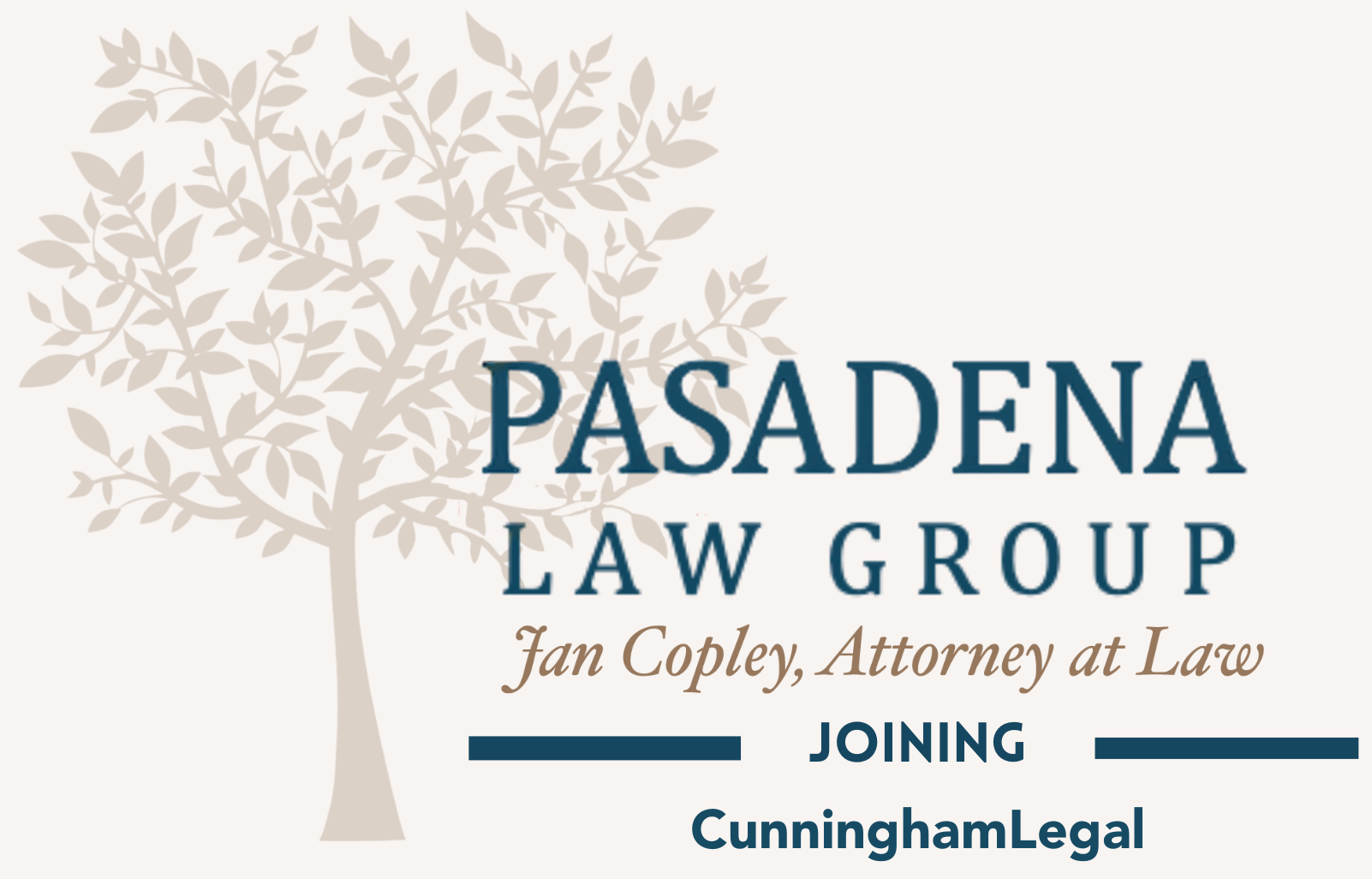
One of the most challenging aspects of estate planning is figuring out how to incorporate your unique family dynamics into your transfer of assets for beneficiaries. In some cases, equal distribution in terms of portion of assets makes sense among siblings. However, the individual circumstances of each child should be considered. This is why you might want to consider equitable distribution in your estate.
For example, maybe one of your children has contributed more towards your caregiving in older age and has made significant time and financial sacrifices to do so. You may wish to increase their share of the inheritance. Or if you have another child with special needs, someone who requires more financial help in the future or one who is already struggling financially, you may choose to make a more equitable distribution of your assets rather than equal.
But because this can be such a complex process, it’s recommended to both think through what you intend to do and to discuss it directly with the Pasadena estate planning lawyer. Unfortunately, many disputes and frustrations can emerge among beneficiaries after you pass away. Clear documentation of your intentions and your estate plan can help to minimize this. It is equally important to appoint the right people in roles such as trustee or executor to ensure that beneficiaries receive the assets you intended for them in a timely manner and with open lines of communication with your chosen agent.
Talk to our Pasadena law firm about how to create a customized estate plan for your needs now and in the future.










